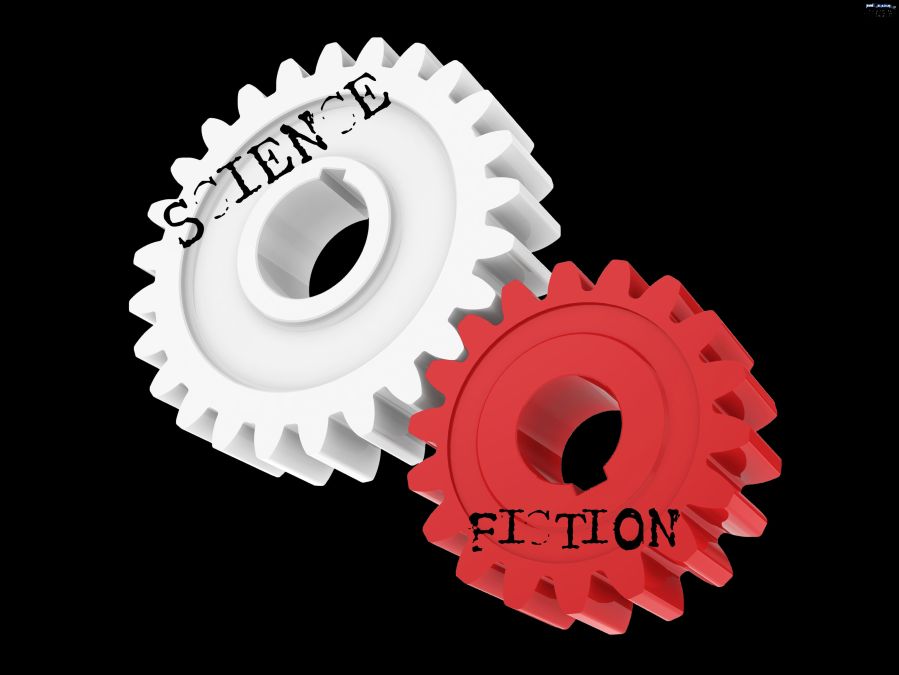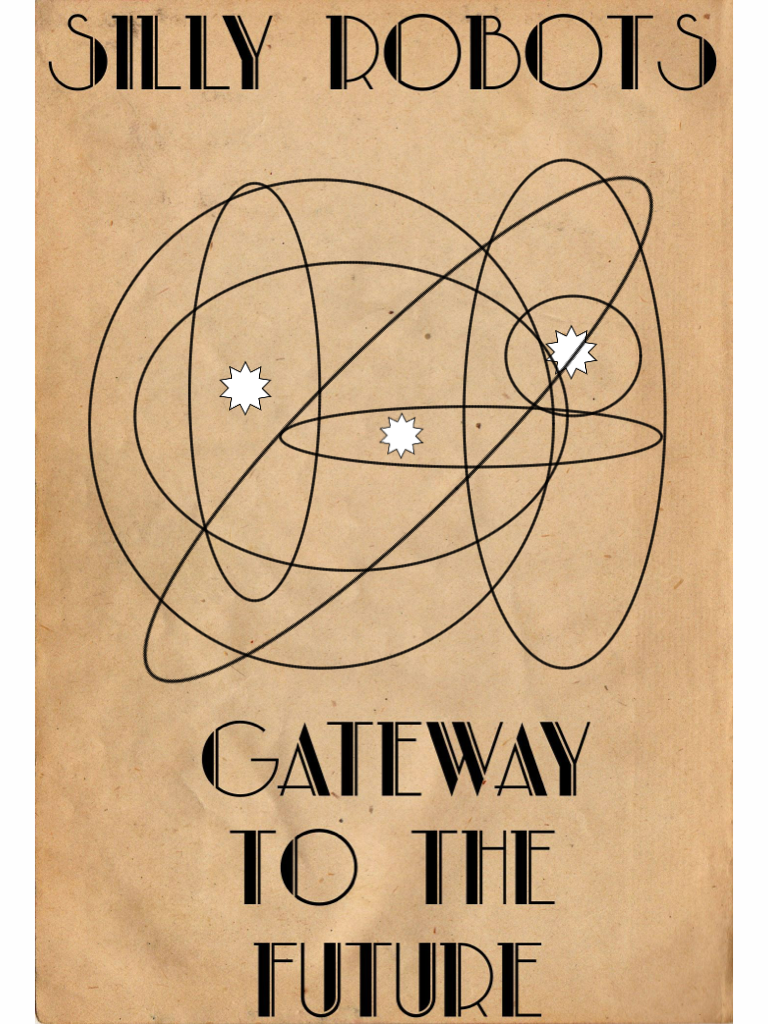I know what you’re thinking.
What is flash fiction? Is that where the main character wears a red suit and is surrounded by yellow lightening?
No.
Maybe.
But the much broader term ‘Flash Fiction’ generally means any piece of fiction less than 2000 words. That’s around a 5-6 page story, just enough to pique interest and present an idea.
I love flash fiction.
I’m currently assembling a lot of the flash fiction I’ve written into an anthology, or reader, or whatever you want to call it. There are stories that deal with longing, loss, space, robots, the origin of a species, all kinds of things.
And all of these stories are extremely short. All of them combined might make 50 pages.
So how does that even work?
Ideas rather than plots or Characters
Flash fiction is much more about how the story makes the reader fell than how good the plot/character development/whatever metric people use to score a longer story is. A well written piece of flash fiction will leave the reader thinking about the overarching ideas of the story. Not to say that a great plot or character can’t be developed in that short of a frame, but the idea is usually what sticks.
Hate Charles Dickens
I (Will) am well documented as saying that I hate Charles Dickens writing. It has too many words. Likewise, a flash fiction piece should be concise and not use flowery language or overly complicated words to describe something. Be concise. Tell a story, don’t give a dissertation.
Trust the Reader
Readers are smarter than we authors think. Most of the time anyway. If you think the scene is not properly set up by being concise, think again. Readers can fill in any gaps you think are missing, because they are smart individuals. They have probably forged scenes in their heads before. It’s ok to let go of their hands. You can do it. Stop saying so many words. You’re becoming an adjective farmer and flooding the market. Stop it.
Flash Fiction is a great way to start a daily writing habit, and also to make a little extra cash once you can collect them into an anthology. Don’t sleep on it.
Write a story!














